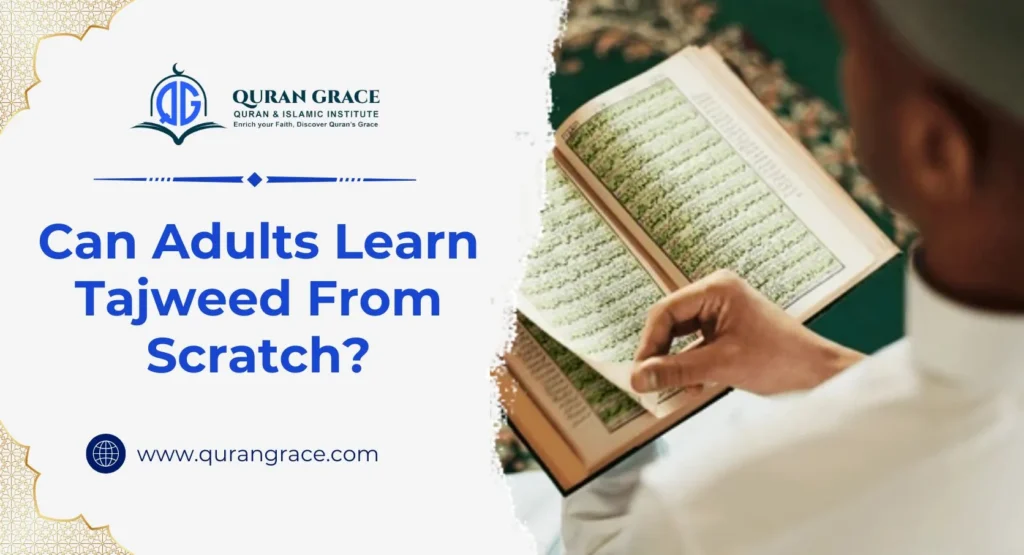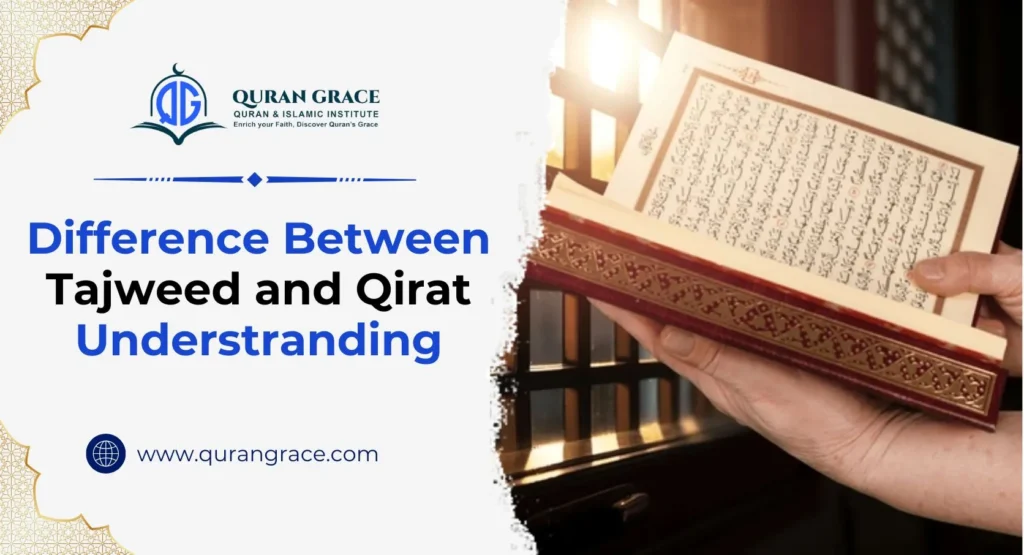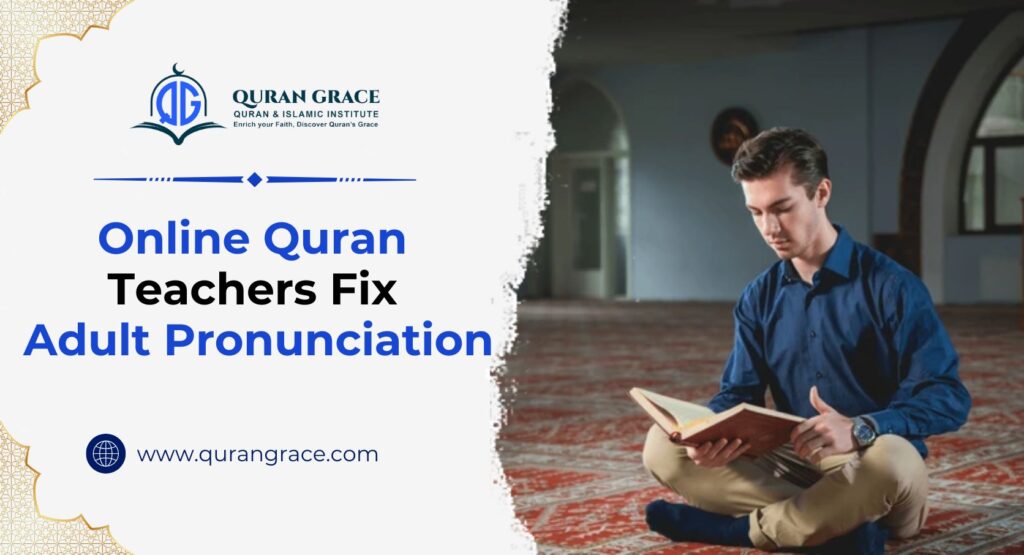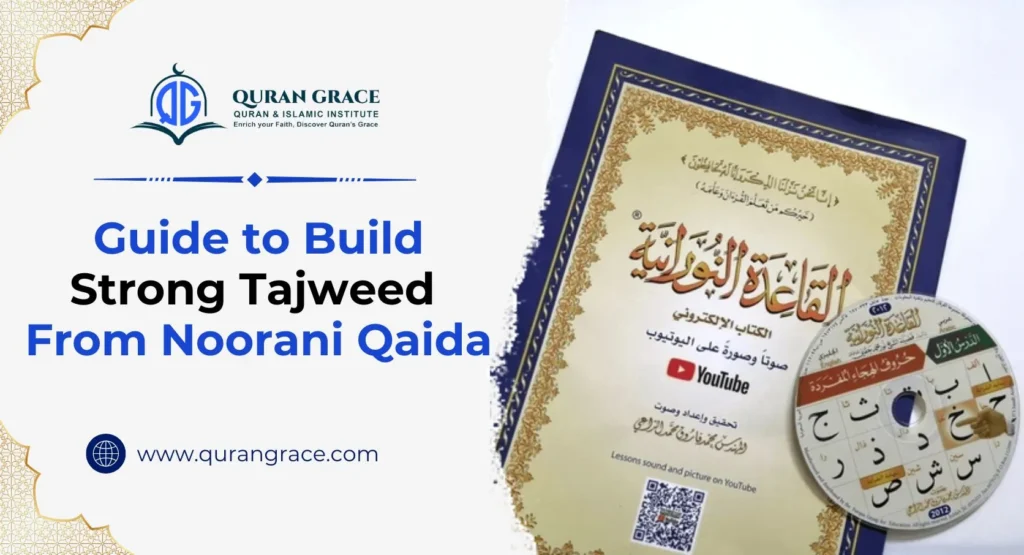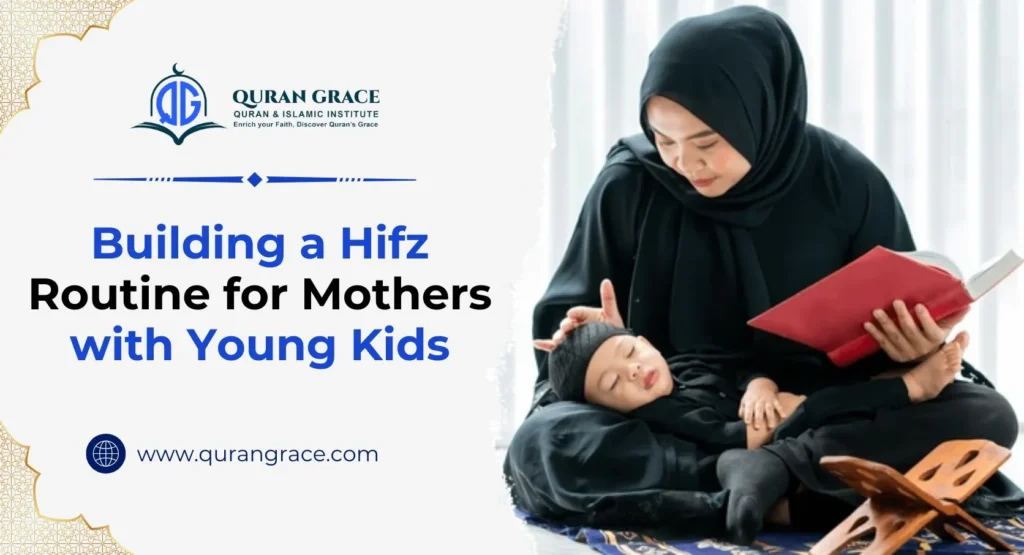Seeking knowledge is considered essential for every Muslim, as it holds significant spiritual and practical benefits. It not only pleases Allah but also serves as a guiding force for Muslims on their journey to Paradise. In this world and the hereafter, it contributes to goodness and happiness.
Acquiring knowledge enhances one’s worship and elevates an individual’s status in society. Furthermore, it plays a crucial role in combating ignorance. Knowledgeable individuals often become exemplary role models and are viewed as heirs to the prophets, with their wisdom and insights continuing to have a positive impact even after their passing.
Table of Contents
Toggle10 Benefits of Seeking Knowledge in Islam
Let’s explore the 5 most important benefits of seeking Islamic knowledge, shared by Quran Grace teachers.
1. It Helps Gain Allah’s Happiness
Useful knowledge is defined as knowledge that is pursued to draw closer to Allah Almighty, reaping its benefits, and ultimately attaining Jannah. This type of knowledge serves as a pathway to achieving satisfaction and obedience to Allah.
Moreover, knowledge is essential for understanding Allah Almighty, and this understanding can only be achieved through faith and a comprehensive grasp of the teachings found in the Book of Allah and His Sunnah. Attaining such knowledge requires both study and sincere effort. Those who seek knowledge and later act upon it are likely to develop a deeper relationship with Allah.
Teach children about Islam from a young age so they can grow up practicing and following its teachings. Enrolling them in Islamic classes for kids is one of the best ways to achieve this.
2. It Helps Enter Jannah
Knowledge plays a significant role in guiding people towards Jannah by facilitating the path of obedience to Allah. Seeking knowledge is not merely an intellectual goal; it is a means of attaining guidance that leads to righteous actions. When individuals acquire beneficial knowledge to draw closer to Allah, it enhances their spiritual journey and serves as a pathway to achieving Jannah. This highlights the importance of valuing and pursuing knowledge that contributes to one’s faith and relationship with the Divine. The Messenger of Allah (PBUH) said,
“Allah makes the way to Jannah easy for him who treads the path in search of knowledge.” [Muslim]. Riyad as-Salihin 1381.
3. It Provides Peace in Both Worlds
Knowledge is essential for promoting happiness in both this life and the afterlife. It is critical for those seeking knowledge to recognize that a strong believer has more value and is more beloved by Allah than a weaker believer. Allah values Muslims’ knowledge and actions, as demonstrated by their deep love and commitment to learning.
Attending gatherings focused on knowledge, such as those centered around the Holy Quran, is highly encouraged. These gatherings are notable for being graced by angels and are frequently enveloped in peace and mercy, providing significant opportunities for spiritual growth and community connection.
4. It Makes You a Leader (light-bearer)
The significance of having a good role model in Islam lies in the realistic and accessible Islamic knowledge they provide. Adhering to Islamic teachings becomes more achievable when individuals have real-life examples to follow, demonstrating that a commitment to worship and high moral standards is both manageable and within reach.
Prominent role models in Islam include the Prophet Muhammad (PBUH), his Companions, and the Tabi’een. Additionally, esteemed scholars such as Al-Husri serve as exemplary figures for all generations. Organizing online Islamic classes for adults and youth alike can play a vital role in helping individuals connect with these respected personalities, thereby strengthening their understanding and dedication to Islamic principles.
5. It Becomes Your Sadqa-e-Jariya
Useful knowledge is a significant asset that continues to benefit an individual even after their death. Throughout their life, this knowledge serves to help others, and the rewards for sharing such knowledge extend beyond their lifetime. When a person conveys, communicates, or shares knowledge, the impact of their actions can resonate with others, providing ongoing benefits. As a result, those who share their knowledge play an important role in helping others, and they can be rewarded for their efforts even after they die, as people continue to learn and grow from the information they share. The Messenger of Allah (PBUH) said,
“When a man dies, his deeds come to an end except for three things: Sadaqah Jariyah (ceaseless charity), the knowledge that is beneficial, or a virtuous descendant who prays for him (for the deceased).” [Muslim].
6. A Duty to All Muslims
The primary purpose of our existence is to worship Allah Almighty. It is essential for every Muslim, both men and women, to acquire foundational knowledge, which includes recognizing Allah as the sole deity with no partners in His lordship and divinity, understanding His name and attributes, and learning about Prophet Muhammad, including the necessity of following his teachings and adhering to his prohibitions. Additionally, essential practices like performing ablution, washing, and praying must be understood and practiced.
Communally Obligatory Knowledge (fard kifayah), such as the ritual of washing the deceased and performing funeral prayers, is not required of every individual but holds importance within the community. Therefore, parents must educate their children from a young age about the necessary acts of worship in Islam. This foundational education helps children develop a proper understanding of the Islamic faith and fosters a lifelong commitment to its principles. By providing appropriate Islamic studies, parents can ensure that their children acquire accurate knowledge and grow up aligned with true Islamic teachings.
7. Descendants Of the Prophets of Allah
The prophets’ descendants are scholars, and as such, they may bear a heavy burden. Since this is how knowledge is passed down, they must share it with the populace, not withhold anything from them, and work to lead them to the prophets’ teachings.
“If anyone travels on a road in search of knowledge, Allah will cause him to travel on one of the roads of paradise, the angels will lower their wings from good pleasure with one who seeks knowledge, and the inhabitants of the heavens and the earth and the fish in the depth of the water will ask forgiveness for him. The superiority of the learned man over the devout man is like that of the moon on the night when it is full over the rest of the stars. The learned are the heirs of the prophets who leave neither dinar nor dirham, leaving only knowledge, and he who accepts it.” accepts an abundant portion.” Mishkat al-Masabih 212
8. Eliminating Ignorance From the Country
Knowledge serves as a crucial tool in distancing individuals from ignorance and straying from the guidance of Allah and His Messenger. The Prophet (PBUH) emphasized that ignorance can proliferate within a nation when scholars are absent, highlighting the importance of knowledge as a cornerstone for the success and leadership of societies.
Historically, early Muslims displayed a profound commitment to learning, which propelled them to the forefront of civilizations. This historical example serves as a reminder and encouragement for Muslims across all times and places to prioritize the pursuit of knowledge, encompassing both religious and worldly domains.
9. Possessing Useful Knowledge
It provides significant benefits both during one’s life and after death. Such knowledge is considered one of the deeds that continue to yield rewards beyond a person’s lifetime. When an individual conveys, shares, or facilitates the dissemination of knowledge, the positive impact of that knowledge can extend to others, resulting in ongoing benefits. This means that the rewards for these acts persist even after the individual has passed away, as people continue to gain from the information they imparted.
10. Earning Honor and Respect
Knowledge is one of the most esteemed commodities in society, often leading to a great deal of respect and honor. In places of worship, such as mosques, individuals who possess knowledge are afforded special recognition. They may be selected to lead prayers (salat) or occupy prominent positions at the front of the congregation.
Similarly, during important community events like Nikkah (wedding ceremonies) and Aqeeqah (celebration of a newborn), knowledgeable individuals are often given the privilege of sitting at elevated tables, ensuring that they are easily visible to all attendees. This deference demonstrates the high regard in which they are held within the community. Their expertise not only garners respect but also fosters a desire among others to engage and associate with them due to their valuable insights and guidance.
Conclusion
Gaining Islamic education and expanding your knowledge is a rewarding task, and Quran Grace can assist you on this sacred journey with a variety of online Islamic classes for everyone. Join a free evaluation and consultation with one of our highly experienced Egyptian tutors and start your course today!



